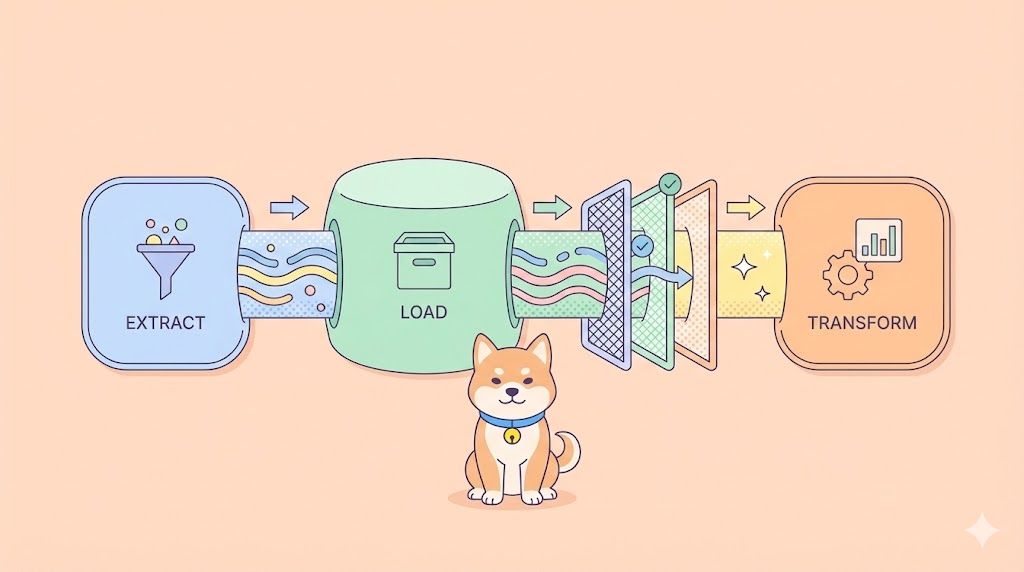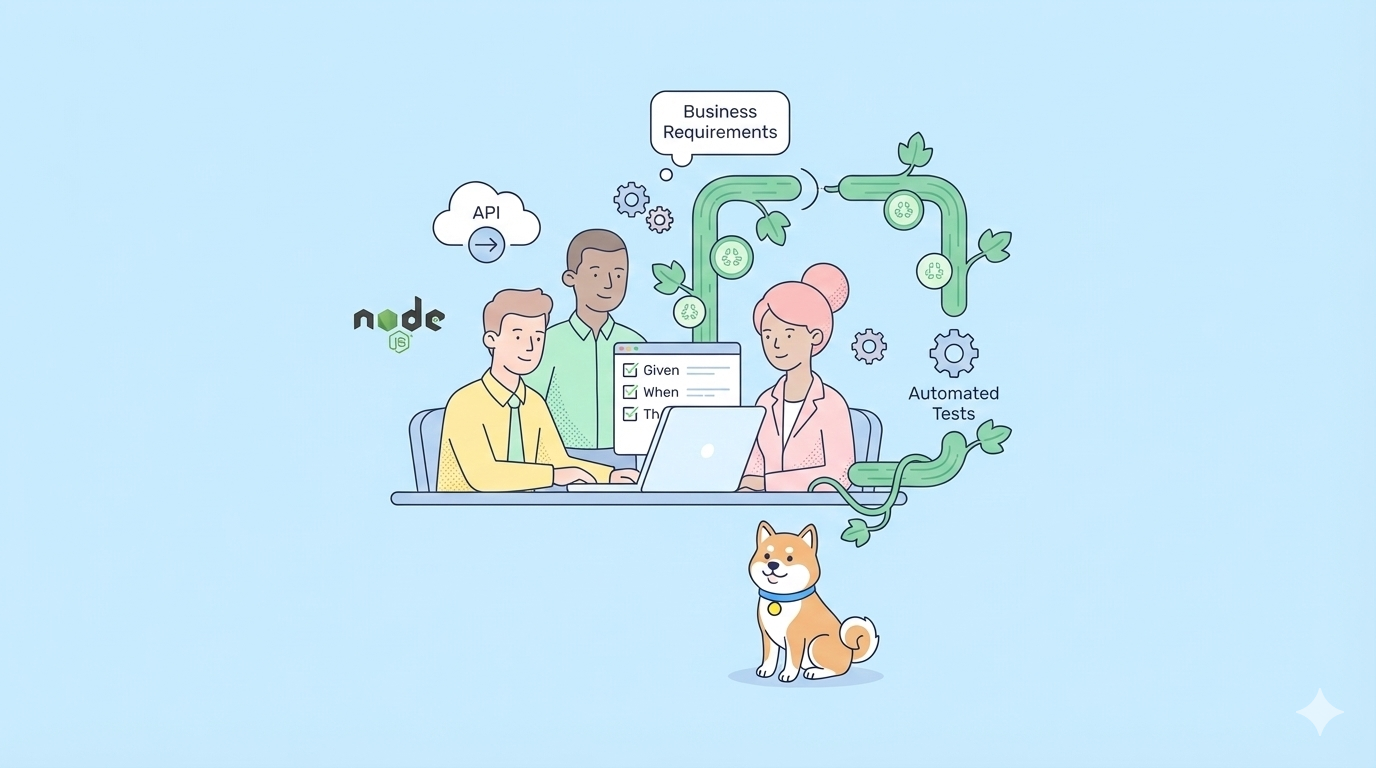The landscape of AI-powered coding assistants has evolved dramatically in recent months. Developers now face a critical decision: which AI model delivers the most effective coding assistance? Today, we'll examine three leading contenders, Claude 4 Sonnet/Opus, GPT-4.1, and Gemini 2.5 Pro to determine which platform provides superior coding capabilities.
Understanding the Current AI Coding Landscape
The competition between major AI providers has intensified significantly. Each platform brings unique strengths to software development tasks. Claude 4 Sonnet/Opus represents Anthropic's latest advancement in code generation, while GPT-4.1 continues OpenAI's evolution in natural language processing for technical applications. Meanwhile, Gemini 2.5 Pro showcases Google's integration of multimodal capabilities with coding expertise.
These models fundamentally transform how developers approach problem-solving. Rather than searching through documentation or browsing Stack Overflow, programmers can now engage in direct conversations with AI systems that understand context, generate solutions, and explain complex concepts in real-time.
Claude 4 Sonnet/Opus: Advanced Reasoning for Complex Code
Architecture and Core Capabilities
Claude 4 Sonnet/Opus demonstrates exceptional performance in multi-step reasoning tasks. The model excels at breaking down complex programming challenges into manageable components. When developers present intricate algorithmic problems, Claude 4 Sonnet/Opus systematically analyzes requirements, identifies edge cases, and constructs robust solutions.

The model's architecture emphasizes careful consideration of code quality. It consistently produces well-structured, readable code with appropriate comments and documentation. Furthermore, Claude 4 Sonnet/Opus demonstrates strong capabilities in debugging existing code by identifying logical errors and suggesting optimizations.

Programming Language Support
Claude 4 Sonnet/Opus provides comprehensive support across multiple programming languages. Python development benefits from the model's deep understanding of frameworks like Django, Flask, and FastAPI. JavaScript and TypeScript projects receive excellent support, particularly in modern frameworks such as React, Vue, and Angular.
The model also handles backend technologies effectively. Java enterprise applications, C# .NET projects, and Go microservices all receive competent assistance. Additionally, Claude 4 Sonnet/Opus demonstrates proficiency in newer languages like Rust and established systems programming languages like C++.
Code Quality and Best Practices
Security considerations remain paramount in Claude 4 Sonnet/Opus's code generation. The model actively identifies potential vulnerabilities and suggests secure coding practices. Input validation, proper error handling, and secure authentication patterns appear consistently in generated solutions.
Performance optimization represents another strength. Claude 4 Sonnet/Opus frequently suggests efficient algorithms and data structures. Database queries receive optimization recommendations, and the model often proposes caching strategies for improved application performance.
GPT-4.1: Versatile Coding Assistant with Broad Knowledge
Enhanced Natural Language Understanding
GPT-4.1 excels in interpreting ambiguous or incomplete coding requirements. Developers can describe problems in natural language, and GPT-4.1 effectively translates these descriptions into functional code. This capability proves particularly valuable when working with non-technical stakeholders who struggle to articulate precise technical specifications.

The model's conversational abilities enhance the coding experience. GPT-4.1 asks clarifying questions when requirements seem unclear and provides multiple implementation approaches when appropriate. This interactive problem-solving approach helps developers explore different solutions before committing to specific implementations.

Framework and Library Integration
GPT-4.1 demonstrates extensive knowledge of popular frameworks and libraries. React development receives excellent support, including modern hooks patterns and state management solutions. Backend frameworks like Express.js, Django, and Spring Boot all benefit from comprehensive assistance.
Database integration capabilities prove robust across multiple technologies. GPT-4.1 generates effective SQL queries, provides MongoDB aggregation pipelines, and offers guidance on ORM implementations. Additionally, the model stays current with emerging technologies and can assist with newer frameworks and tools.
API Development and Integration
RESTful API development represents a particular strength of GPT-4.1. The model generates well-structured endpoints with proper HTTP status codes, error handling, and documentation. GraphQL schema design and resolver implementation also receive competent assistance.
Third-party API integration benefits from GPT-4.1's broad knowledge base. The model provides guidance on authentication methods, rate limiting strategies, and error handling patterns. Additionally, it offers practical advice on API versioning and backward compatibility considerations.
Gemini 2.5 Pro: Multimodal Excellence with Google Integration
Multimodal Coding Capabilities
Gemini 2.5 Pro distinguishes itself through multimodal processing capabilities. Developers can upload screenshots of applications, diagrams, or even handwritten sketches, and the model generates corresponding code implementations. This visual understanding proves particularly valuable for UI/UX development and system architecture planning.

Code review capabilities extend beyond text analysis. Gemini 2.5 Pro can examine visual representations of application flows, identify potential bottlenecks in system diagrams, and suggest architectural improvements based on visual inputs.
Google Cloud Platform Integration
The tight integration with Google Cloud Platform provides significant advantages for cloud-native development. Gemini 2.5 Pro offers detailed guidance on GCP services, including App Engine, Cloud Functions, and Kubernetes Engine implementations.
Terraform and other infrastructure-as-code tools receive comprehensive support. The model generates complete deployment configurations and provides best practices for cloud resource management. Additionally, monitoring and logging strategies align well with Google's operational tools.
Machine Learning and Data Science Support
Gemini 2.5 Pro excels in machine learning and data science applications. TensorFlow and PyTorch implementations receive expert-level assistance, including model architecture design and training optimization strategies. The model also provides guidance on data preprocessing, feature engineering, and model evaluation techniques.
Big data processing capabilities prove robust across multiple platforms. Apache Spark job optimization, BigQuery query design, and data pipeline architecture all benefit from Gemini 2.5 Pro's expertise in Google's data ecosystem.
Head-to-Head Performance Comparison
Code Generation Speed and Accuracy
Speed tests reveal interesting performance characteristics across all three models. Claude 4 Sonnet/Opus typically generates code more deliberately, taking additional time to ensure accuracy and completeness. This measured approach results in fewer iterations required to achieve working solutions.
GPT-4.1 provides rapid responses while maintaining good accuracy levels. The model's speed advantages become apparent in simple coding tasks and quick problem-solving scenarios. However, complex algorithmic challenges may require additional refinement cycles.
Gemini 2.5 Pro balances speed and accuracy effectively. Response times remain competitive while code quality stays consistently high. The model's multimodal capabilities provide unique advantages that often offset any minor speed differences.
Debugging and Error Resolution
Debugging capabilities vary significantly between models. Claude 4 Sonnet/Opus excels at systematic error analysis, providing step-by-step debugging approaches and comprehensive explanations of root causes. The model's methodical approach proves particularly valuable for complex system issues.
GPT-4.1 offers quick error identification and suggests multiple potential solutions. The model's broad knowledge base helps identify common patterns and provides relevant examples from similar scenarios. However, deep system-level debugging may require additional guidance.
Gemini 2.5 Pro combines textual error analysis with visual debugging capabilities. When provided with error screenshots or system diagrams, the model can identify issues that might be missed in text-only debugging sessions.
Learning Curve and Developer Experience
New developers benefit differently from each model's approach. Claude 4 Sonnet/Opus provides detailed explanations that serve as excellent learning resources. The model's teaching approach helps developers understand not just what to implement, but why specific solutions work best.
GPT-4.1's conversational style creates an approachable learning environment. The model adapts explanations to match the developer's apparent skill level and provides additional context when requested. This flexibility proves valuable for teams with varying experience levels.
Gemini 2.5 Pro's visual capabilities offer unique learning opportunities. Developers can receive explanations through multiple modalities, making complex concepts more accessible to different learning styles.
Real-World Use Case Analysis
Enterprise Application Development
Large-scale enterprise applications require different considerations than simple scripts or prototypes. Claude 4 Sonnet/Opus demonstrates strong performance in enterprise contexts, providing guidance on design patterns, architectural decisions, and scalability considerations.
The model's emphasis on code quality aligns well with enterprise requirements for maintainable, secure, and well-documented code. Additionally, Claude 4 Sonnet/Opus provides excellent support for legacy system integration and modernization efforts.
GPT-4.1 offers versatile support across various enterprise technologies. The model's broad knowledge base proves valuable when working with diverse technology stacks common in large organizations. However, specialized enterprise patterns may require additional guidance.
Gemini 2.5 Pro's Google Cloud integration provides natural advantages for organizations invested in Google's ecosystem. The model's understanding of enterprise Google services facilitates smooth cloud migration and optimization projects.
Startup and Rapid Prototyping
Startup environments demand quick iteration and flexible solutions. GPT-4.1's rapid response times and versatile problem-solving capabilities align well with startup needs. The model quickly adapts to changing requirements and provides multiple implementation options.
Claude 4 Sonnet/Opus may seem slower for rapid prototyping, but its thorough approach often prevents technical debt accumulation. Startups benefit from the model's consideration of scalability and maintainability from early development stages.
Gemini 2.5 Pro's multimodal capabilities prove valuable for startups working on visual applications or user interface development. The model's ability to translate mockups and sketches into functional code accelerates the design-to-development process.
Open Source and Community Projects
Open source development benefits from different model strengths. Claude 4 Sonnet/Opus provides excellent documentation generation and code commenting, essential for community collaboration. The model's attention to code clarity helps maintain project quality across multiple contributors.
GPT-4.1's broad framework knowledge proves valuable in diverse open source ecosystems. The model can assist with various technologies and languages commonly found in open source projects. Additionally, its conversational abilities help explain complex decisions to community members.
Gemini 2.5 Pro's integration capabilities facilitate open source projects that leverage Google services or require cloud deployment. The model's understanding of CI/CD pipelines and deployment strategies proves particularly valuable.
Performance Benchmarks and Testing Results
Algorithm Implementation Accuracy
Standardized coding challenges reveal performance differences across models. Claude 4 Sonnet/Opus consistently produces correct algorithmic solutions with optimal time and space complexity. The model's systematic approach to problem analysis results in fewer edge case failures.
GPT-4.1 demonstrates good algorithmic problem-solving abilities with occasional optimization opportunities. The model quickly identifies standard algorithmic patterns but may require guidance for highly specialized or novel approaches.
Gemini 2.5 Pro performs well on algorithmic challenges, particularly when visual elements enhance problem understanding. Graph algorithms, geometric problems, and visualization tasks benefit from the model's multimodal processing capabilities.
Framework-Specific Performance
React development testing reveals interesting performance characteristics. All three models provide competent React support, but their approaches differ significantly. Claude 4 Sonnet/Opus emphasizes proper component architecture and state management patterns.
GPT-4.1 offers rapid React component generation with good adherence to modern patterns. The model stays current with React best practices and provides effective guidance on performance optimization techniques.
Gemini 2.5 Pro's React support includes unique visual debugging capabilities. Developers can upload component mockups or design files, and the model generates corresponding React implementations with appropriate styling.
Database and Backend Testing
Database query optimization reveals model specializations. Claude 4 Sonnet/Opus provides well-optimized queries with consideration for indexing and performance implications. The model's systematic approach results in efficient database interactions.
GPT-4.1 offers broad database technology support with practical optimization suggestions. The model adapts recommendations based on specific database systems and use case requirements.
Gemini 2.5 Pro excels in Google Cloud database technologies, providing specialized guidance for Cloud SQL, Firestore, and BigQuery implementations. The model's cloud-native approach aligns well with modern backend architectures.
Pricing and Accessibility Considerations
Cost-Effectiveness Analysis
Pricing structures significantly impact model selection for different use cases. Organizations must balance performance capabilities with budget constraints when choosing AI coding assistants.
Claude 4 Sonnet/Opus pricing reflects its advanced reasoning capabilities. While potentially more expensive per query, the model's accuracy and completeness often reduce the total number of interactions required to achieve desired outcomes.

GPT-4.1 offers competitive pricing with broad accessibility. The model's efficiency in handling various coding tasks provides good value for organizations with diverse development needs.

Gemini 2.5 Pro's pricing integrates with Google Cloud billing structures. Organizations already invested in Google's ecosystem may find favorable pricing tiers and bundling opportunities.

API Limitations and Usage Patterns
Rate limiting and usage restrictions affect practical implementation of AI coding assistants. Understanding these limitations helps organizations plan appropriate integration strategies.
Each model implements different rate limiting approaches. Development teams must consider these constraints when designing automated systems or high-volume applications that rely on AI assistance.
Token limits and context window sizes impact the types of coding tasks each model can handle effectively. Large codebases or complex system analysis may require different approaches based on model capabilities.
Integration and Workflow Considerations
Development Environment Integration
Modern development workflows require seamless AI integration. IDE plugins, command-line tools, and API integrations determine how effectively developers can leverage AI assistance in their daily work.
VS Code extensions provide varying levels of integration across models. Some platforms offer direct in-editor assistance, while others require separate interfaces or API calls to access AI capabilities.
Terminal-based workflows benefit from command-line tools and API integrations. Developers working primarily in terminal environments need solutions that integrate naturally with their existing toolchains.
Team Collaboration Features
Team-based development introduces additional requirements for AI coding assistants. Shared knowledge bases, consistent coding standards, and collaborative problem-solving capabilities become important considerations.
Some models offer better support for team collaboration through shared context or organization-specific customizations. These features help maintain consistency across team members and projects.
Documentation generation and code explanation capabilities vary between models. Teams benefit differently from each model's approach to creating maintainable, well-documented codebases.
Conclusion: Making the Right Choice
The comparison between Claude 4 Sonnet/Opus, GPT-4.1, and Gemini 2.5 Pro reveals distinct strengths and use case specializations. Rather than declaring a single winner, developers should consider their specific requirements, team composition, and project characteristics when selecting an AI coding assistant.
Claude 4 Sonnet/Opus excels in scenarios requiring careful analysis, high code quality, and systematic problem-solving approaches. The model's thorough methodology proves particularly valuable for complex systems and enterprise applications.
GPT-4.1 provides versatile assistance across diverse coding tasks with good balance between speed and accuracy. The model's conversational abilities and broad knowledge base serve most general development needs effectively.
Gemini 2.5 Pro offers unique multimodal capabilities and excellent Google Cloud Platform integration. Organizations leveraging visual development processes or Google's ecosystem find significant advantages in this model's specialized features.
The optimal choice depends on weighing these factors against specific project requirements, budget constraints, and team preferences. Many organizations may benefit from using multiple models for different types of coding tasks, leveraging each platform's unique strengths where most appropriate.
As AI coding assistance continues evolving rapidly, staying informed about new capabilities and improvements across all platforms ensures developers can make optimal tool choices for their changing needs.




